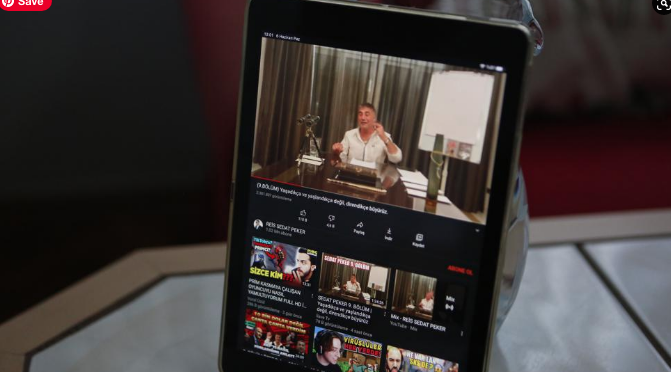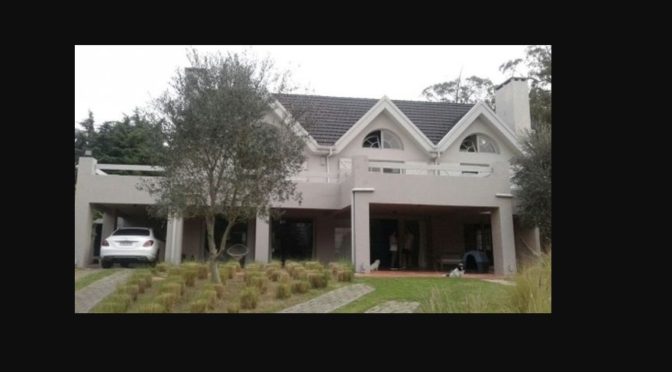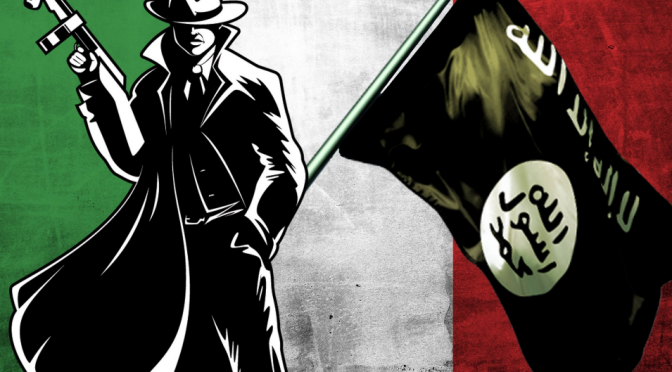Italian prosecutor claims that the Italian Mafia is buying hash that was smuggled by ISIS through Libya.
The Italian Mafia and an Islamic terrorist group meet up at a hash-smuggling operation… It sounds like the start of a bad joke, but unfortunately, according to the anti-Mafia and antiterrorism prosecutor, Franco Roberti, it’s the grim reality in the country of Italy. The Italian prosecutor claims that hash is being purchased by the Italian Mafia from Libya, which is being smuggled in by the Islamic terrorist sect ISIS.
The North African hash is being used a major source of income for the Islamic State, and the Italian Mafia is apparently a loyal customer. It’s quite profitable for the Mafia as well, which earns about 32 billion euros ($36.10 billion) a year through their illegal drug trades, a sizable portion of which is made up of hash and cannabis. It’s seems reasonable for Roberti to assume that ISIS is heavily involved. According to Ahmad Moussalli, a political science professor at the American University in Beirut, territorial expansion by ISIS on the Syrian border has put them in control of a vast amount of cannabis fields.
Instead of trying to crack down even more viciously on Italy’s use of cannabis and hash, which the government already spends millions on combating, Roberti has come forth with a much more level-headed approach. Instead, the prosecutor believes that the time has come for Italy to rescind their harsh marijuana laws, citing that decriminalization would negatively affect both the Mafia and the Islamic State.
The decriminalization of marijuana in Italy could help land a potentially critical blow to the funding of ISIS, which according to a recently published IHS Conflict Monitor report, has already dropped from $80 million in monthly revenue to $56 million since the middle of 2015. According to Roberti, a major portion of the terrorist cell’s revenue comes from drug trafficking, and decriminalization of marijuana in Italy could help put a major dent in that.
To Roberti, it makes sense to persecute the Mafia and the Islamic State in a similar manner, seeing as that Italian Mafia families, particularly in the south, have been long proponents of terrorist activities. The Mafia and ISIS could be more intertwined than it would seem at first glance, as both are heavily dependent on drug trafficking as a revenue source. But does Roberti have a sound argument for decriminalization? I would have to argue that he does.
“We spend a lot of resources uselessly. We have not succeeded in reducing cannabinoid trafficking. On the contrary, it’s increasing,” said Roberti. “Is it worth using investigative energy to fight street sales of soft drugs?”
Full Article – https://www.merryjane.com/news/the-italian-mafia-is-funding-terrorism-by-buying-smuggled-hash-from-isis





